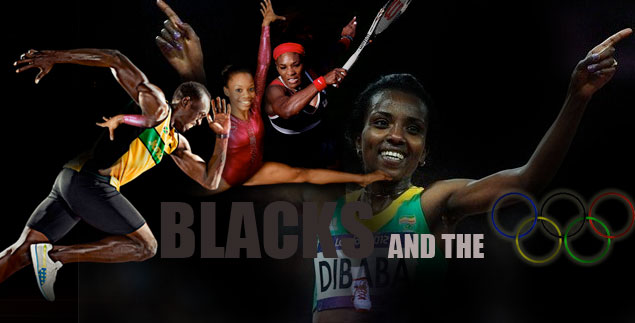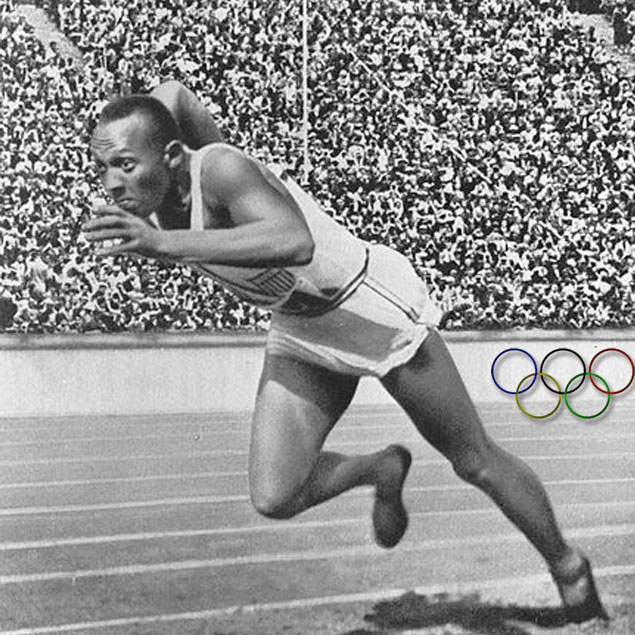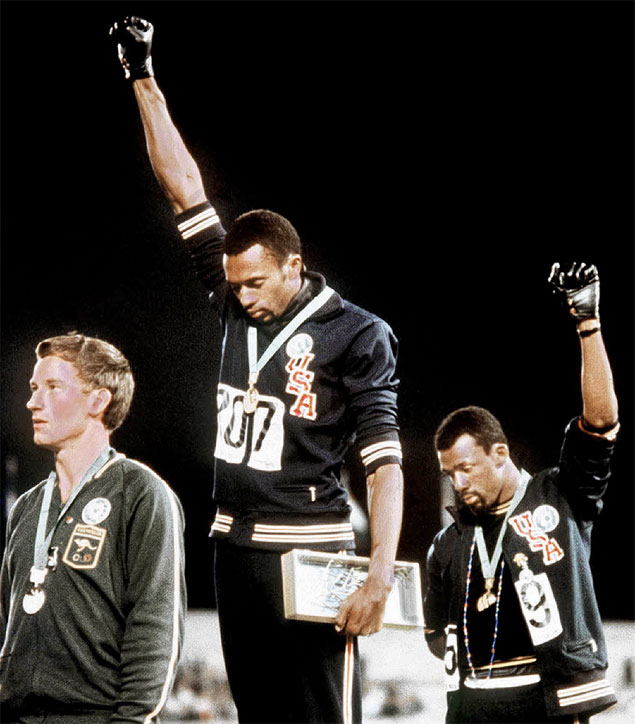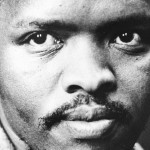
When watching highlights of the London 2012 Olympic Games, I was amused when I saw some table tennis contestants of Asian extract, representing Canada and Austria. Asians are renowned for their adeptness at table tennis, so it was just a matter of course before other countries began to poach them to further their Olympic aspirations.
This observation caused my mind to flit to the reality of African—and to a greater extent, Black—participation in the Olympic Games. It is almost superfluous to recount the exploits of Blacks in the Olympics, especially, in the sprint events.
Ngokwesibonelo, Jesse Owens an African American athlete won four gold medals, at Berlin 1932, and set a 100m record of 10.3s, as well as a 200m record of 20.7s. Another African American sprinter, Tommie Smith, remembered for his Black Power salute at the 1968 Olympics, won the 200m race in the aforementioned Olympic Games in a world-record time of 19.83s. Contemporary great sprinters of African descent include Flo Jo, Michael Johnson, Usain Bolt, to name but a few. A cursory glance at the list of top competitors for this year’s 100m race for both men and women would yield that a progeny of Africa would emerge as the fastest man or woman alive—for the moment.
On account of the obvious excellence of Black athletes, one wonders why African countries perform so dismally on the Olympic medal table. As I write this piece the best performing African country is South Africa, which has won 2 bronze medals. The question that necessarily arises is; “Why do Black athletes who represent non-African nations by virtue of birth or naturalisation excel, whereas Black athletes representing their native African nations fail? “
This is a classic story pertinent to Africa. We have the richest natural resources, yet African countries rank among the poorest nations. We have the best climate for supporting agrarian activities, and the best soils to ensure food security; yet, many African countries can barely feed themselves, and usually resort to importation to meet their internal demand for food. We produce some of the best athletes in sprint and long-distance events, basketball, football, baseball, golf, tennis, and a host of other sports; yet, African countries often add up to the numbers at global competitions.
This is one of the ironies of our existence: Blacks dominate athletics, yet Africa, which is considered the progenitor of Blacks, performs abysmally in athletics. Why?
Everything of value requires refinement to attain its true value. Africa’s bane is that we abound in raw talent, minerals, and so forth, but fail woefully to nurture or refine these to enhance their value.
We allow others to extract our minerals, refine them, manufacture things with them, and then sell these products to us at exorbitant prices. We export cocoa, coffee, cotton, among other cash crops, and then import the products manufactured from these crops.
Like our natural resources, we leave our talents unrefined. Talent alone is not adequate for attaining success in any discipline. Many years of training according to a scientifically measureable regimen is the only way to prime up our contestants to the point where they can favourably compete with their counterparts on other continents.
The status quo augurs ill for the future of African participation in the Olympic Games. Many of the acknowledged African athletes are based in the West where they live and train. Most of the African athletes who remain on the continent first have to overcome logistical and infrastructural problems before they even compete against their actual opposition. This is the status quo!
We would do well to take a cue from Joe Frazier, who once said, “Champions are not made in the ring; they are merely recognised there.”

Usain Bolt ia Jamaican sprinter is said to be the fastest man on earth with a five-time World and three-time Olympic gold medal.

Gabby Douglas.The first African-American woman to win the all-around Olympic gymnastics gold.(2012)

African American Jesse-Owens will achieved four gold medals for a100 meter race, a 200 meter race, long jump, and a 4×100 meter relay. I(1936 Summer Olympics in Berlin, Germany)

Tommie Smith Black Power salute with John Carlos at the Olympics 1968 as he won the 200-meter dash finals in 19.83 seconds – It will be the first time the 20 second barrier was broken.
Godswill
Latest posts by Godswill (bheka konke)
- What if Obama wins? What if he loses? - November 5, 2012
- Blacks and the Olympics: Why do African athletes perform so abysmally? - August 4, 2012



